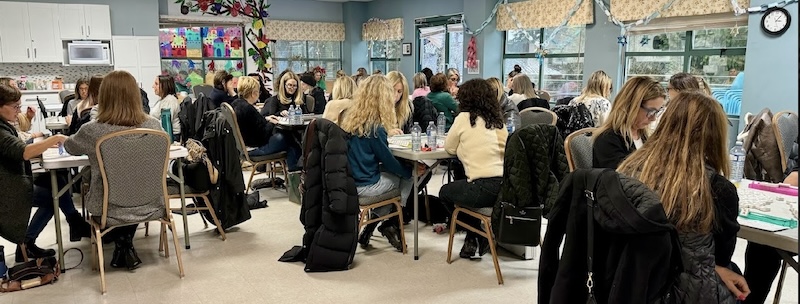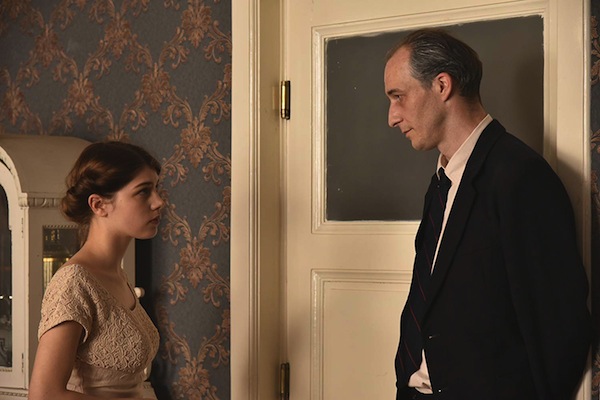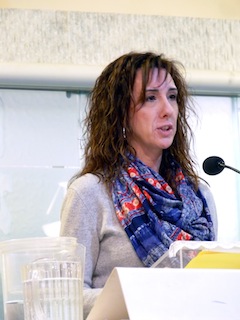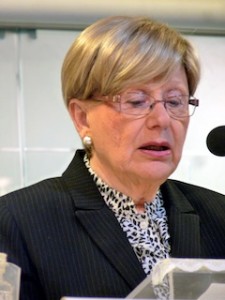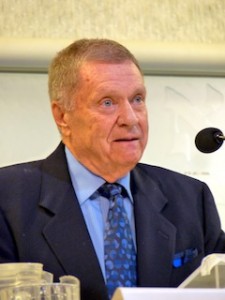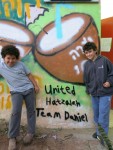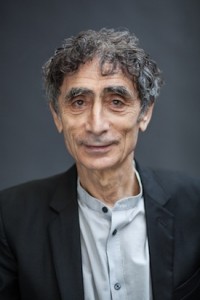Some 130 women came out to play mahjong, bridge or canasta at National Council of Jewish Women Canada, Vancouver section’s Games Day on Feb. 15, raising almost $8,000 for the Israeli nonprofit ALUMA Counseling Centre. (photo by Adele Lewin Photography)
Last month, 130 women gathered for a Games Day Fundraiser for Israel, hosted by National Council of Jewish Women Canada, Vancouver section. Almost $8,000 was raised for the Israeli nonprofit ALUMA Counseling Centre.
The afternoon event on Jan. 21 was held at the Jewish Community Centre of Greater Vancouver and featured mahjong, bridge and canasta, offering participants a chance to connect with one another, while raising funds for ALUMA, so that help can be provided to the many families who need to start the healing process from the Oct. 7 terror attacks.
ALUMA, also known as IFCA, Israel Family Counselling Association, was established in Tel Aviv in 1954 and joined forces with NCJWC in 1973, said NCJWC national president Linda Steinberg.
“Golda Meir had the idea of twinning Israeli organizations needing financial assistance with women’s organizations abroad,” explained Steinberg. Dorothy Reitman, as president of NCJWC at the time, was contacted and this twinning was arranged through Carol Slater, who then lived in Israel. Slater was the chair of NCJWC’s Israel project ALUMA for 15 years.
ALUMA is a centre for counseling and treatment of couples, families and individuals, regardless of their place of residence, origin, religion or economic circumstances. It was a pioneer institution, the first such centre in Israel, said Steinberg. Most people receiving therapy pay what they can, if anything, and the professional therapists are volunteers, receiving little if any remuneration.
Steinberg noted that ALUMA is dependent on donations and NCJWC is the only Canadian organization providing financial support for the nonprofit. National members have supported ALUMA through fundraising teas, brunches and other events, and by yearly contributions as NCJWC members.
Oct. 7 has increased the need for trauma support in Israel and ALUMA has developed several models to meet this growing need, said Steinberg. “Most recently, their therapists have been training and mentoring new volunteers to help.”
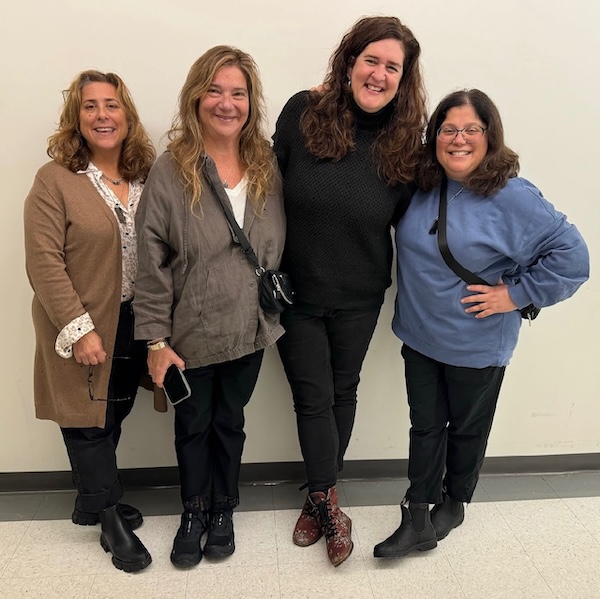
Gadi Lifshitz, NCJWC’s contact and spokesperson for the staff at ALUMA, wrote a letter to Lisa Boroditsky, who was one of the chairs of the local games day event, along with Juleen Axler, Sandy Hazan, Lola Pawer and Jane Stoller. NCJWC Vancouver’s president is Jordana Corenblum.
“Dr. Orly Rubin, the director of the institute, and, on my own behalf, I want to thank your wonderful community for the continued contribution and support of ALUMA,” wrote Lifshitz. “First, I will tell you about a treatment process in which Dr. Rubin and I provided a group therapy to five friends in their 30s who, on that cursed Sabbath, simply decided to go to the kibbutzim that were under attack and help as much as they could,” wrote Lifshitz. “Without weapons and without orders from any official authority, they decided that they are going to help. During those hours, they witnessed terrible sights, helped evacuate the wounded and dead, and all this while helping each other and supporting each other.
“About two weeks after the events, they contacted us for help. We quickly developed for them a trauma intervention model for a group therapy. We accompanied them through several group and personal meetings until we felt that their emotional state had stabilized and that they could return to their day-to-day ‘life.’
“It was a very powerful process, which required a lot of commitment, sensitivity and thought from all of us,” wrote Lifshitz. “This is just one of the many examples of the effort we invest in ALUMA in supporting all the many trauma victims who contact us.
“We need your continued support in our journey to expand our services to those, the many, who need them and us today.”
To donate to the ALUMA Counseling Centre or other NCJWC projects, go to give-can.keela.co/NCJWCVAN.
– Courtesy NCJWC Vancouver

